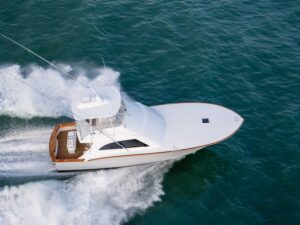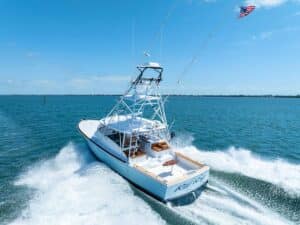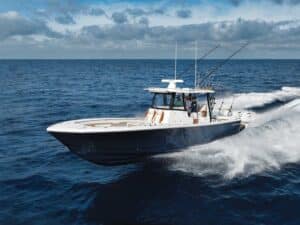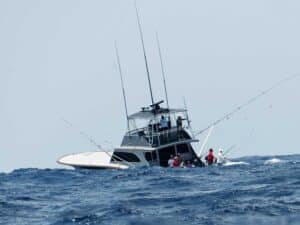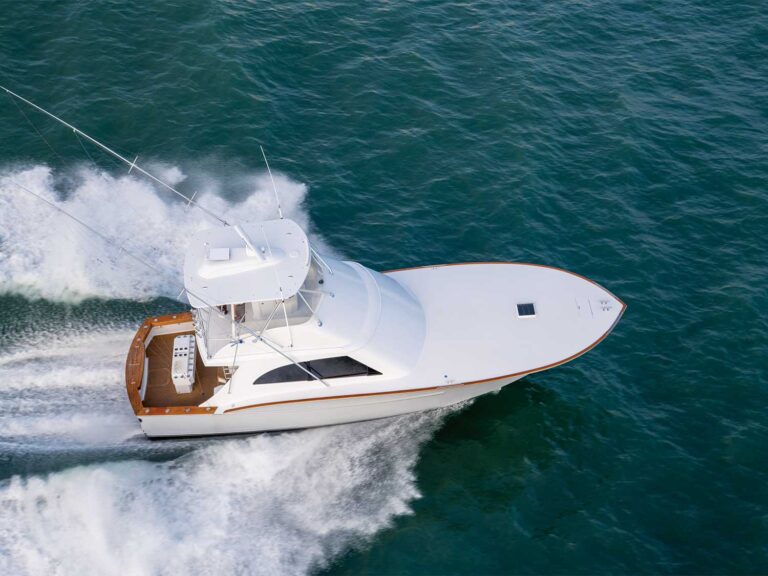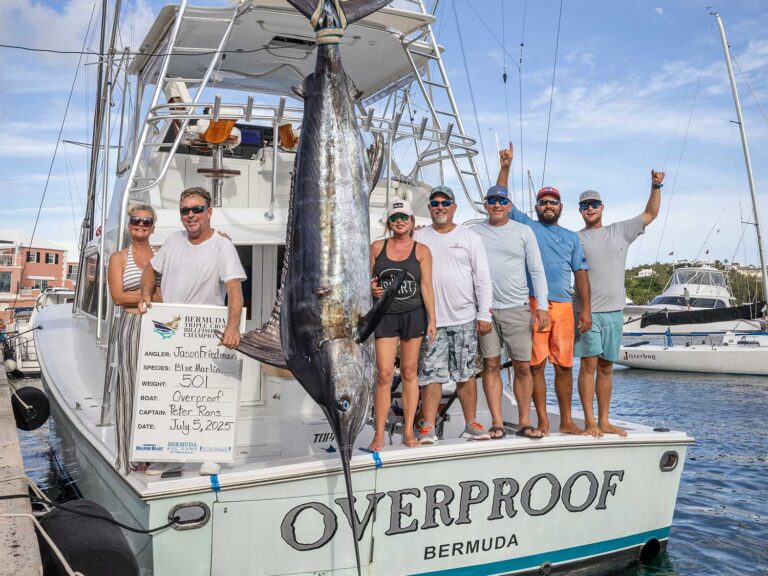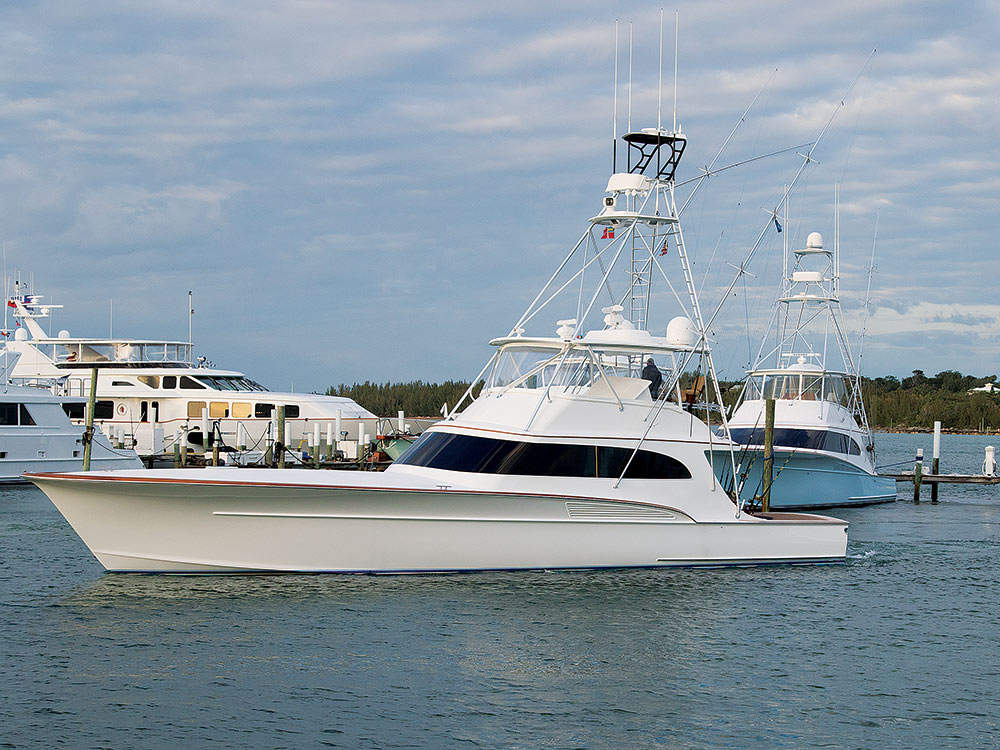
There is a lot of confusion in the marine industry surrounding duty and sales tax, and their relationship to each other. The truth is they are two separate items — one being assessed on the state level and the other on the federal level.
Sales and Use Tax
All boat owners, from those with small skiffs to those with mega-yachts, should be familiar with sales and use taxes. Sales tax is assessed at the state and local level and, if applicable, is imposed or triggered at time of the purchase. In most jurisdictions, state sales tax on a vessel is collected at the time of purchase if bought through a dealer or broker. However, if sales tax is not paid at the time of purchase, it is remitted as a use tax at the time of registration. Every jurisdiction has different regulations with various nuances, which are too complex to delve into right now. With that being said, the primary takeaway should be that sales and use tax are enforced at the state and local level.
Duty and Importation
Duty, on the other hand, is imposed by the federal government at the time of importation at the relevant port of entry and is enforced by the U.S. Customs and Border Protection. In other words, importers of foreign-built vessels are subject to a tax based on its value at the time of importation: The duty on vessels imported into the United States is 1.5 percent of its value, which can be quite a hefty bill for boats valued in the seven figures. Foreign goods cannot be offered for sale in the U.S. until duty has been paid and the goods have been imported. People often ask why listing descriptions on YachtWorld and signs on boats contain the language “Not Available for Sale or Charter to U.S. Residents in U.S. Waters.” This means the vessel is not duty paid and has not been imported into the States. Failure to abide by these rules can result in seizure of the vessel by the CBP or a monetary claim in the amount equal to the vessel’s value.
A Confusing System
Though sales/use tax and customs duty are two separate items governed by different levels of the U.S. legal structure, each is part of a confusing system surrounding ownership and use of foreign-flagged and/or -manufactured boats. To understand the relevancy, it is important to understand the federal and state regulations and how each applies.
Generally speaking, most people choose to register or flag their boats offshore for one of three reasons: 1) to avoid state sales and use tax; 2) the beneficial owner is a foreign citizen (only U.S. citizens can document their boat with the U.S. Coast Guard); or 3) the vessel is more than 300 gross tons, and thus, is subject to impractical and unattainable domestic rules. Whatever the reason, a foreign-flagged vessel is normally issued a cruising license by the CBP, which precludes states (some states in the Northeast enforce this differently than others) from assessing use tax while in its waters, and exempts vessels from undergoing formal clearance and entry procedures. To be clear, a cruising license has nothing to do with where the vessel was built or whether it has been imported. For example, a United States-built boat registered in another country must still be issued a cruising license.
So what happens if the owner wishes to offer a yacht for sale? In Florida — the hotbed for yacht brokerage — state law prohibits a vessel under a cruising license from being offered for sale unless it pays the relevant use tax, or is put under the sole care, custody and control of a registered brokerage with no personal use by the owner. That seems relatively straightforward, but it is only part of the analysis. The next step is to look at the federal component, or more specifically, where the boat was manufactured and whether it has been previously imported or exported. Hence, the importation status might prevent the boat from being offered for sale in U.S. waters to U.S. residents. To make matters worse, some South Florida ports are now refusing to renew cruising licenses to vessels with cruising permits if they are listed for sale, even if they are duty paid.
There are many variables when dealing with foreign-registered and/or -built boats. Though this content is only scratching the surface, the point of this article is to explain the state versus federal components and also how complex foreign-vessel ownership can be without proper guidance. Most vessel owners will never deal with these issues, but we often get questions from people on the dock who have various questions about things they see or read online about this potentially confusing topic.
Raleigh P. Watson is a contributing author, and a Partner at Miller Watson Maritime Attorneys.
